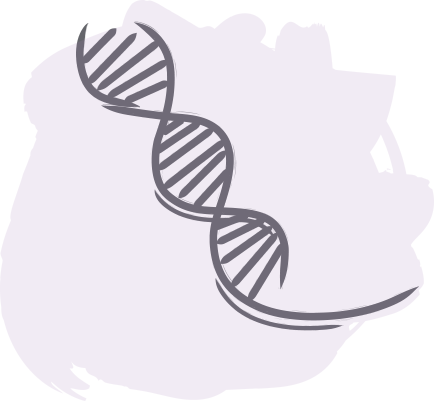What is the Difference Between PGD and PGS?
PGD and PGS are both genetic screening techniques for embryos, used when couples undergo IVF. However, PGD and PGS are used for different reasons.
Start your fertility journey today. Schedule an appointment.




 (512) 456-9827
(512) 456-9827 
 (214) 972-1495
(214) 972-1495 
 (713) 730-2229
(713) 730-2229 
 (956) 300-3557
(956) 300-3557 
 (210) 337-8453
(210) 337-8453 
 Appointments
Appointments 
 Appointments
Appointments 
 Appointments
Appointments 
 Appointments
Appointments 
 Appointments
Appointments 
 Appointments
Appointments 
PGD and PGS are both genetic screening techniques for embryos, used when couples undergo IVF. However, PGD and PGS are used for different reasons.

PGD and PGS are both genetic screening techniques for embryos, used when couples undergo IVF. However, PGD and PGS are used for different reasons.

PGD improves pregnancy rates by identifying the presence of certain kinds of genetic disorders which can seriously affect the health of a baby. PGD helps with early detection of the following conditions:
PGD can be beneficial if your or your partner:
A healthy embryo has 46 chromosomes and PGS can identify embryos with aneuploidy—missing or additional numbers of chromosomes. Aneuploidy is a leading cause of miscarriage and implantation failure. By ruling out embryos with chromosomal abnormalities, providers can transfer only those with the greatest chance of success. This allows us to recommend single embryo transfers with greater confidence. Transferring a single embryo eliminates the potential for complications present when carrying multiples. Not every patient undergoing IVF needs PGS. PGS is recommended for patients who:
A healthy embryo has 46 chromosomes and PGS can identify embryos with aneuploidy—missing or additional numbers of chromosomes. Aneuploidy is a leading cause of miscarriage and implantation failure. By ruling out embryos with chromosomal abnormalities, providers can transfer only those with the greatest chance of success. This allows us to recommend single embryo transfers with greater confidence. Transferring a single embryo eliminates the potential for complications present when carrying multiples. Not every patient undergoing IVF needs PGS. PGS is recommended for patients who:
These diagnostic technologies can provide a much higher degree success for patients who fit the criteria, but determining which test to perform and when to perform it can be a difficult decision. We would love the opportunity to discuss PGD and PGS with you in person. We invite you to learn more about our fertility clinic locations in Austin, Dallas, Houston, McAllen, and San Antonio, get five-star patient support, or request an appointment to get started.
We’re inspiring hope and building beautiful families. Contact Aspire Fertility today!